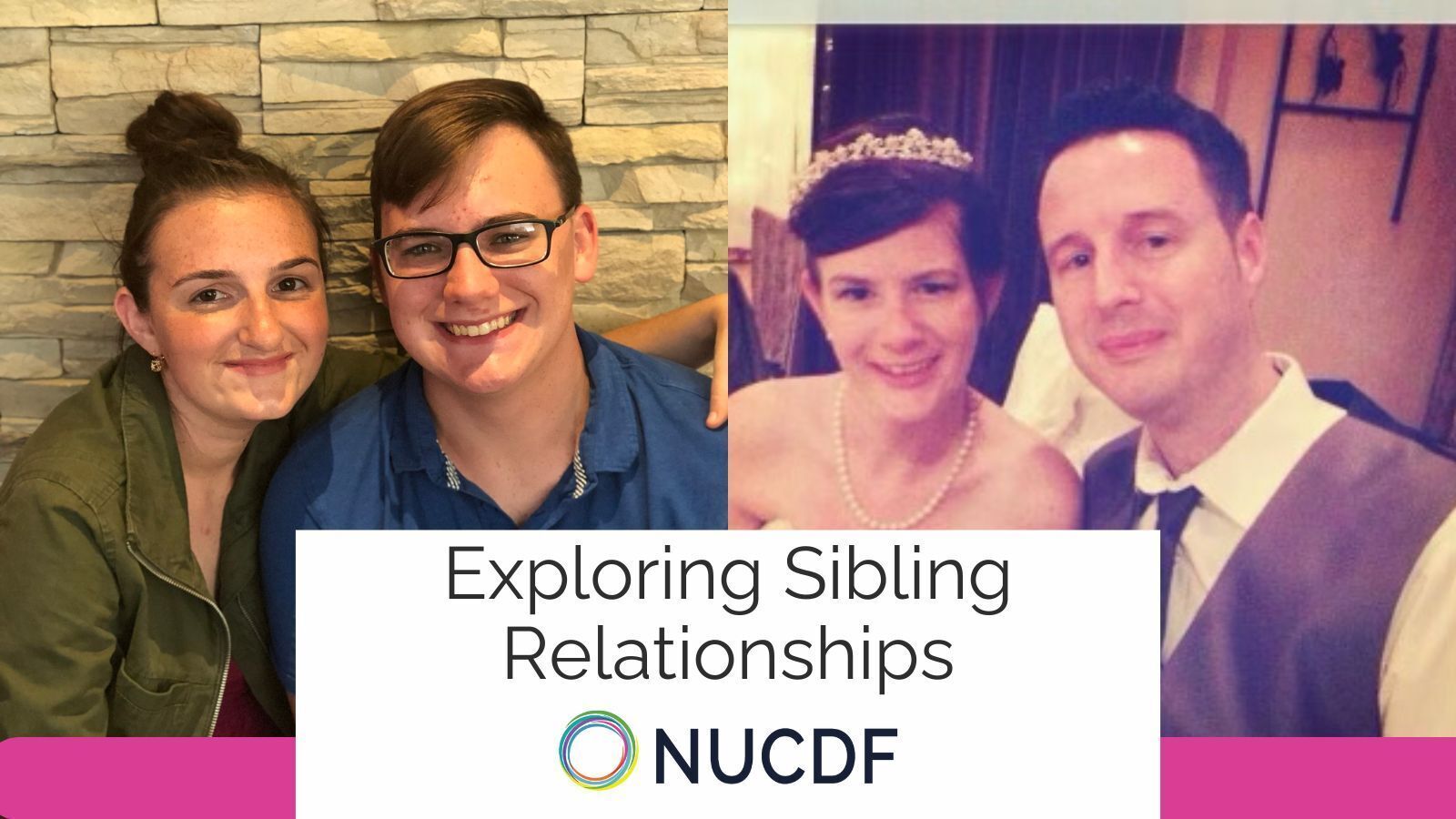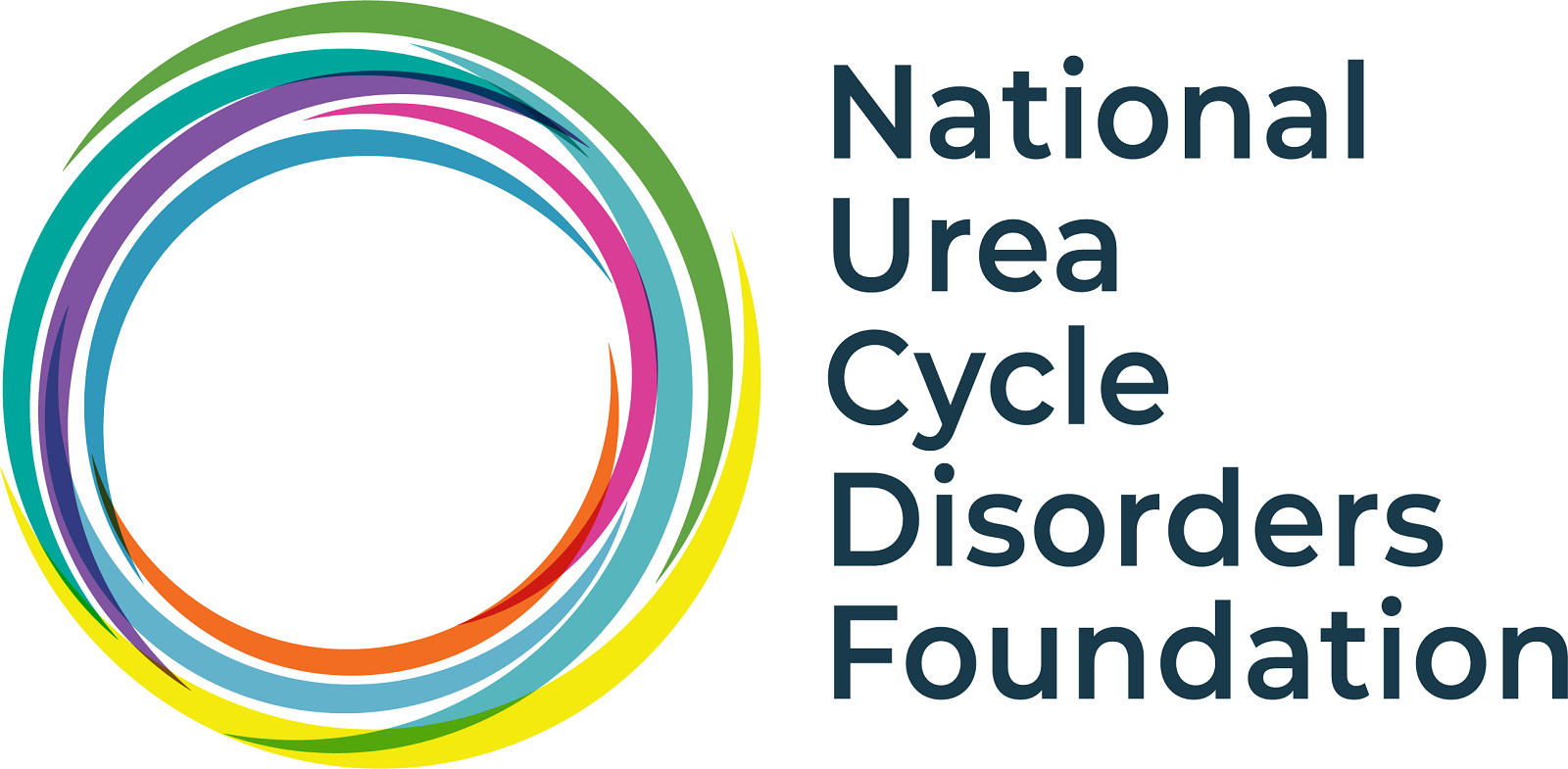
While much attention is – rightfully -- given to those directly affected by urea cycle disorders (UCDs), we feel that it’s also important to recognize the significant emotional, psychological, and social challenges faced by the siblings of individuals with UCDs.
Growing up in a family coping with a rare medical condition can present unique difficulties for siblings, often altering their family dynamics, personal development, and even their sense of identity.
1. Emotional Toll
For siblings, living with a brother or sister who has a UCD can be emotionally draining. UCDs are often unpredictable and life-threatening, meaning hospitalizations, medical emergencies, and long-term care are frequent realities for these families. Siblings may experience constant worry or fear about their sibling's health, living in an environment where uncertainty is typical.
These siblings can feel a range of emotions, from sadness and anxiety to guilt or resentment. They may feel bad for being healthy or resent the attention that their ill sibling receives, which can bring about feelings of guilt. They may feel disconnected from their sibling or parents, who are understandably consumed by the medical needs of the affected child. Many factors can take an emotional toll on healthy siblings.
2. Shifted Family Dynamics
The health needs of a child with a UCD can lead to significant shifts in family dynamics. Parents may become hyper-focused on the affected child, leaving siblings feeling overlooked or less important. Siblings may take on caregiving roles, mature faster than their peers, or become secondary caretakers when parents are preoccupied with medical appointments, treatments, or hospital stays.
Sometimes, siblings may have to navigate conflicting emotions—they want to support their parents and siblings. Still, they may also crave normalcy, attention, and emotional support which is hard to come by in such an environment.
3. Impact on Social Life and Identity
Siblings of individuals with UCDs often experience social isolation, which can cause feelings of loneliness or exclusion. The unpredictability of their sibling's condition might mean canceling plans, missing out on social activities, or feeling uncomfortable inviting friends over due to medical equipment or emergencies at home. They might also feel reluctant to share their family’s situation with peers, fearing that others will not understand or react negatively.
The healthy sibling may be known primarily as "the sibling of someone with a UCD" and feel defined by their sibling's condition rather than their own identity. This can also lead to feelings of invisibility or lack of self-worth.
4. Educational and Career Challenges
The pressures faced by siblings can also affect their academic and career paths. With parents heavily involved in their sibling's care, siblings may have to become self-sufficient at an early age. The emotional strain can make it difficult to concentrate on schoolwork, and frequent family crises may cause disruptions in their education. Some may also feel compelled to pursue careers in healthcare or caregiving, influenced by their experiences growing up with a sibling with a UCD.
5. Coping Mechanisms and Support Needs
Despite the challenges, siblings of individuals with UCDs are often incredibly resilient. They develop strong coping mechanisms and emotional intelligence, learning how to navigate complex emotions and difficult situations at an early age. However, this resilience does not mean they do not need support.
Siblings benefit from open communication within the family about the condition and their feelings. Mental health counseling, support groups, and sibling-specific resources can be invaluable in helping siblings process their experiences. Parents and caregivers should also make a conscious effort to provide time, attention, and emotional space for the siblings, ensuring that they, too, feel valued and heard.
While there are many struggles, being a sibling of someone with a rare disease can bring a deep sense of empathy, resilience, and perspective. They learn early on to appreciate the value of health, the strength of family, and the importance of compassion. The sibling bond is often stronger, as they share both the challenges and small victories unique to their situation. These siblings often grow to become more understanding and patient, even serving as advocates not only for their siblings but for others facing similar struggles. This experience can shape them into a more empathetic, driven individual, eager to contribute positively to the world.
For more information and resources for siblings of those with urea cycle disorders, visit the new Sibling Support page on our website at https://nucdf.org/resources/sibling-support.html.
